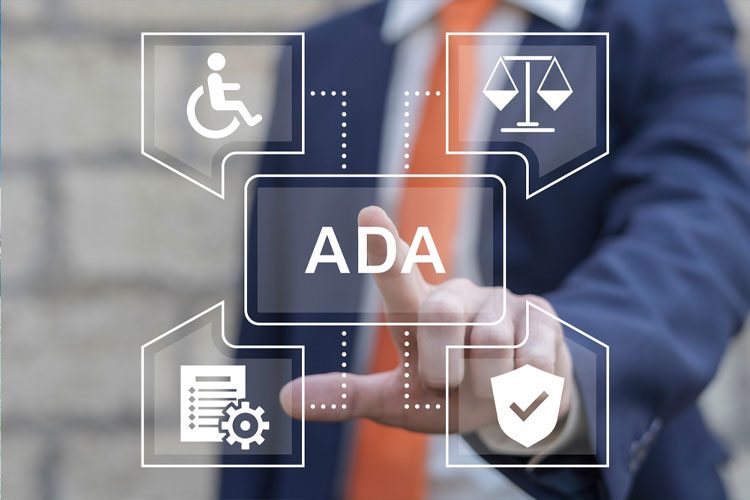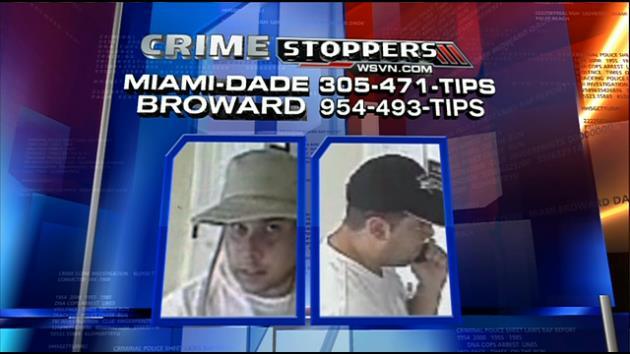Have you ever tried to enter a building, use a restroom, or navigate a sidewalk—only to realize it wasn’t built for someone with your disability? Unfortunately, this is an all-too-common experience for millions of Americans. Despite federal protections under the Americans with Disabilities Act (ADA), accessibility barriers still exist in public places across the country.
If you’ve been denied equal access due to your disability, you may be wondering what your rights are and whether legal help is available. The answer is yes—and that help often comes in the form of an ADA accessibility lawyer.
This blog explores what an accessibility lawyer does, how they can assist when public spaces fail to accommodate you, and what steps to take if you’ve encountered a violation of your rights.
What Is the ADA and Why It Matters
The Americans with Disabilities Act of 1990 prohibits discrimination against individuals with disabilities in all areas of public life, including schools, transportation, workplaces, and public accommodations (like restaurants, hotels, theaters, and stores). Title III of the ADA specifically requires that places open to the public be accessible to people with physical or mental impairments.
This includes:
• Wheelchair ramps and elevators
• Accessible restrooms and seating
• Properly marked parking spaces
• Signage with braille
• Service animal accommodations
• Website accessibility for public-facing services
Yet, many businesses and organizations remain non-compliant—either out of ignorance, cost concerns, or willful neglect.
How an ADA Accessibility Lawyer Can Help
When a public place fails to provide appropriate accommodations, your civil rights are being violated. An ADA accessibility lawyer is a legal advocate who focuses on these specific types of cases and works to ensure you’re treated with the dignity and fairness the law requires.
Here’s how they help:
1. Assessing the Violation
Not every inconvenience is an ADA violation, so your lawyer will begin by evaluating the details of your case. They’ll determine if the facility is covered by the ADA and whether it failed to provide “reasonable accommodations.”
2. Gathering Evidence
If you experienced a barrier to access, your lawyer may gather photos, medical records, witness accounts, or even accessibility audits to support your claim.
3. Filing a Complaint or Lawsuit
An ADA lawyer may help you file a complaint with the Department of Justice (DOJ) or pursue a lawsuit in civil court. Many cases can be resolved through negotiation or mediation before reaching trial.
4. Negotiating a Resolution
Your attorney can negotiate on your behalf to seek modifications to the property, public apologies, or even compensation for emotional distress or lost opportunities.
5. Ensuring Future Compliance
Many ADA accessibility lawyers go beyond the current issue by ensuring that the business or institution puts long-term plans in place to maintain ADA compliance.
Examples of ADA Accessibility Violations
You might be wondering if your experience qualifies as a legal issue. Here are common examples of ADA violations in public spaces:
• A restaurant has steps at the entrance but no wheelchair ramp.
• A shopping mall fails to provide accessible parking spaces.
• A retail store does not accommodate a customer with a service dog.
• A website is not screen reader compatible for blind users.
• A bathroom stall is too narrow for wheelchair access.
Each of these situations could merit legal action if reasonable accommodations are not provided.
What Are Reasonable Accommodations?
The ADA does not require public spaces to undergo extreme hardship or structural changes if it would be financially or logistically unreasonable. However, they are expected to make “readily achievable” modifications—meaning changes that are easy and inexpensive for most businesses.
An ADA accessibility lawyer will help determine if the business had a legal obligation to modify their space or services and whether their refusal constitutes discrimination.
When to Contact an ADA Rights Lawyer
If you’ve been denied access or experienced hardship due to a lack of accommodations, don’t wait. There are statutes of limitation on when you can file claims, and the sooner you act, the stronger your case will be.
Seek legal help if:
• You were physically unable to enter or use a facility.
• You were denied service because of a disability.
• You were publicly humiliated or mistreated due to accessibility issues.
• Your safety was put at risk because of inaccessibility.
Mineo Salcedo Law: Advocates for Access and Equality
At Mineo Salcedo Law, we believe accessibility is not a privilege—it’s a civil right. Our experienced ADA accessibility lawyers are passionate about advocating for individuals who have been unfairly excluded or mistreated due to disability barriers. Whether you’re facing inaccessible entrances, digital obstacles, or service denial, we’ll stand by your side to hold negligent parties accountable.
If you’ve encountered discrimination in a public place, let us help you take action. Contact Mineo Salcedo Law today for a confidential consultation. Together, we can help make Florida more inclusive—one case at a time. Call 954-463-8100









